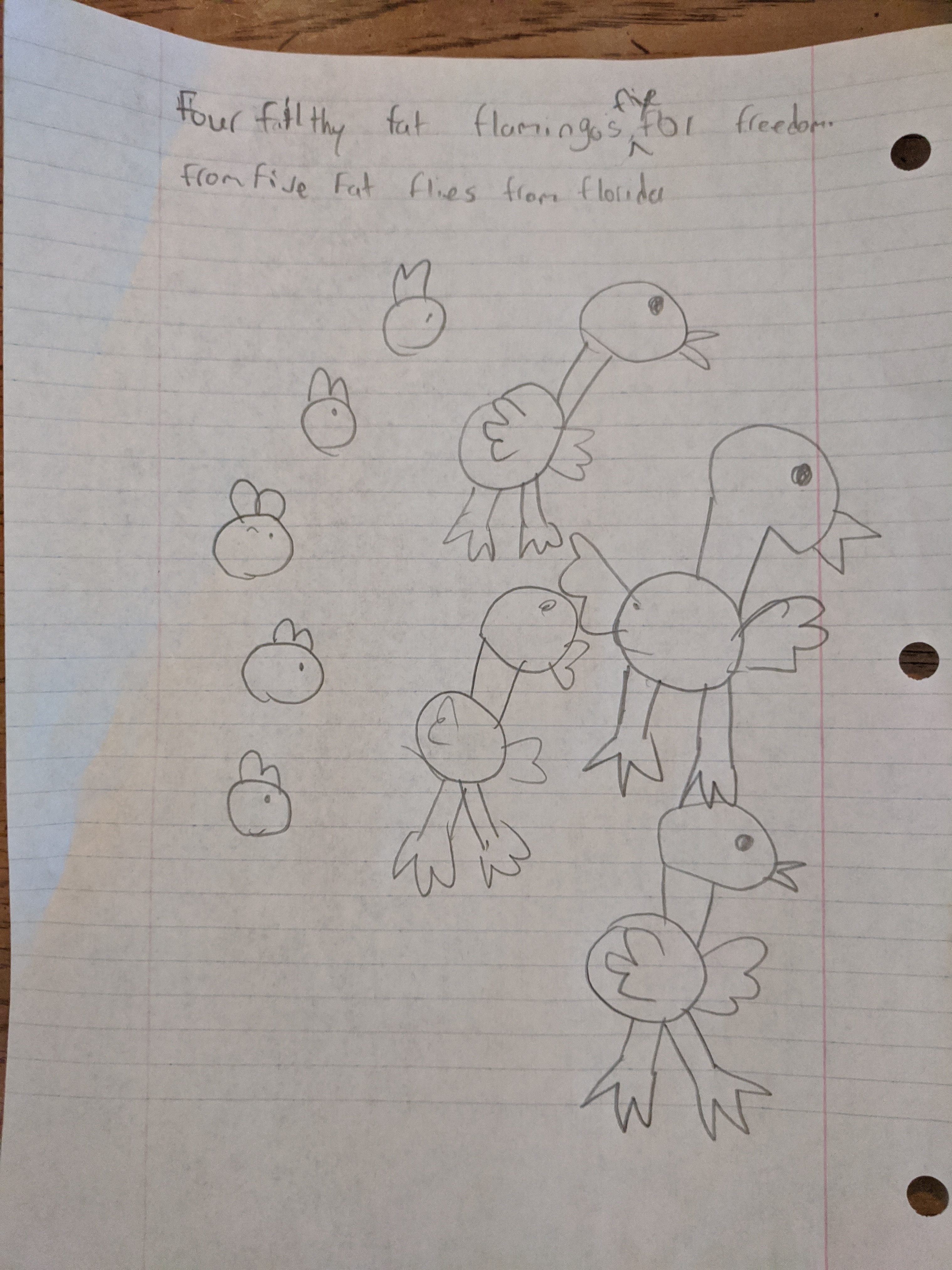FunkWhale vs Ampache
One of the categories of software people often go to /r/selfhosted to ask about, is for software to host music. This has become even more important with the dissolution of Google Music and Amazon and others removing the ability to upload your own music to listen to. I’ve got some experience with both FunkWhale and Ampache, so I decided to create a video to compare and contrast the two.
Review: Clarkesworld Magazine, Issue 141
 Clarkesworld Magazine, Issue 141 by Neil Clarke
Clarkesworld Magazine, Issue 141 by Neil Clarke
My rating: 4 of 5 stars
This is one of those issues where I liked every story and every non-fiction essay. Read below for my thoughts per story.
A space of one’s own: a whimsical dystopia that reminds me of the Terry Gilliam film Brazil. I’m a world of overcrowding buildings can be resized and reconfigured.
Vault: another dystopia. This time there is a bit of a video game metaphor (at least to me) in the fact that the protagonists gain energy based on how many athletic tricks they do while traversing a planet. Explained away as causing their suits to collect more sunlight. The climax comes late, but could be an interesting universe for more stories.
Review: Clarkesworld Magazine, Issue 141
 Clarkesworld Magazine, Issue 141 by Neil Clarke
Clarkesworld Magazine, Issue 141 by Neil Clarke
My rating: 4 of 5 stars
This is one of those issues where I liked every story and every non-fiction essay. Read below for my thoughts per story.
A space of one’s own: a whimsical dystopia that reminds me of the Terry Gilliam film Brazil. I’m a world of overcrowding buildings can be resized and reconfigured.
Vault: another dystopia. This time there is a bit of a video game metaphor (at least to me) in the fact that the protagonists gain energy based on how many athletic tricks they do while traversing a planet. Explained away as causing their suits to collect more sunlight. The climax comes late, but could be an interesting universe for more stories.
New Dishes I Cooked in August 2020
 chicken cacciatore
chicken cacciatore
Just one new dish in August. We had lots of repeat foods, but only one new dish. As far as I know, I didn’t have it until I was an adult and visited my sister-in-law in Long Island. At their favorite Italian restuarant / pizza joint I ordered it once when we were on the restaurant side. This America’s Test Kitchen version was very tasty and I would definitely make it again. Danielle liked it too, but it wasn’t a MUST COOK AGAIN dish with her.
Review: Clarkesworld Magazine, Issue 140
 Clarkesworld Magazine, Issue 140 by Neil Clarke
Clarkesworld Magazine, Issue 140 by Neil Clarke
My rating: 4 of 5 stars
A nice balanced collection. My favorite was Cold Comfort. Below are my per story reviews and/or thoughts.
---—-
A Vastness: A very interesting story of what we do when we’re so driven, we are willing to risk everything. And a great ending that was very unexpected. It felt a bit shorter than these usually are, so it was extra neat to have it work so well.
Review: Rave Master Vol. 9
 Rave Master Vol. 9 by Hiro Mashima
Rave Master Vol. 9 by Hiro Mashima
My rating: 3 of 5 stars
While this continues the shonen tropes of the hero who can’t be beaten just because of his “can-do” attitude, Mr. Mashima increases the stakes and gives a compelling story behind the rise of Demon Card and the paths of the two Gales. It even has a silly joke to make up for the ridiculous name “Demon Card”. Apparently it was supposed to be “Demon Guard” and a typo messed it up. I wonder if it’s one of those katakana/kanji jokes or not.
Review: Ancillary Sword
My rating: 5 of 5 stars
I’m a huge world-building junkie. It’s one of the reasons I love science fiction and fantasy. And, as I realized while writing the previous sentence, it’s also why I love history non-fiction books and podcasts. I love learning about the society and what drives people to act the way they act. Humans are all human and have always had the same desires, but how those manifest and how we react to them are defined within our cultural contexts. An insult that might have demanded a duel in 1800s America might now simply result in a screed on Twitter. So, I loved the first book’s building up of Radchai culture. In the first book, the plot was almost incidental. It was a TRUE trilogy in that it reads, in retrospect, as the beginning of an incredibly long book.
Review: Clarkesworld Magazine, Issue 139
 Clarkesworld Magazine, Issue 139 by Neil Clarke
Clarkesworld Magazine, Issue 139 by Neil Clarke
My rating: 4 of 5 stars
A nice, solid collection this month. Here are my per-story thoughts:
Carouseling: An extremely sad and touching story about a couple and an experiment at a CERN-like lab. Wonder if the story was written/conceived back when everyone was afraid the collider would make a black hole. (That’s not what happens, but I could definitely see it as an inspiration).
Scarlett's Alliteration
Scarlett was practicing coming up with alliteration for each letter of the alphabet. Here’s what she came up with for “F”. I think the drawing makes it almost like a Shel Silverstein poem.
 Four filthy fat flamingos fly for freedom from five fat flies from Florida.
Four filthy fat flamingos fly for freedom from five fat flies from Florida.
Review: Rave Master Vol. 8
 Rave Master Vol. 8 by Hiro Mashima
Rave Master Vol. 8 by Hiro Mashima
My rating: 3 of 5 stars
We learn a bit more about what’s going on with Rabarrier, but mostly it’s a volume that is the continuation of the fight started in the last volume. (And it doesn’t finish here, either) Manga is the master of decompressed storytelling.
